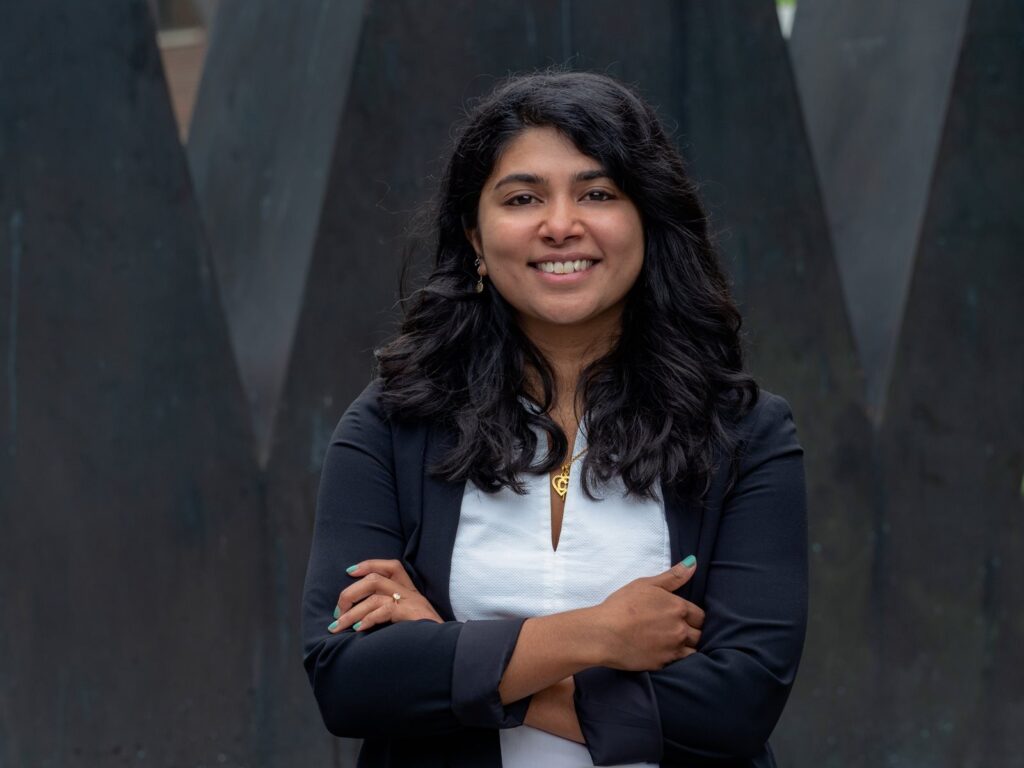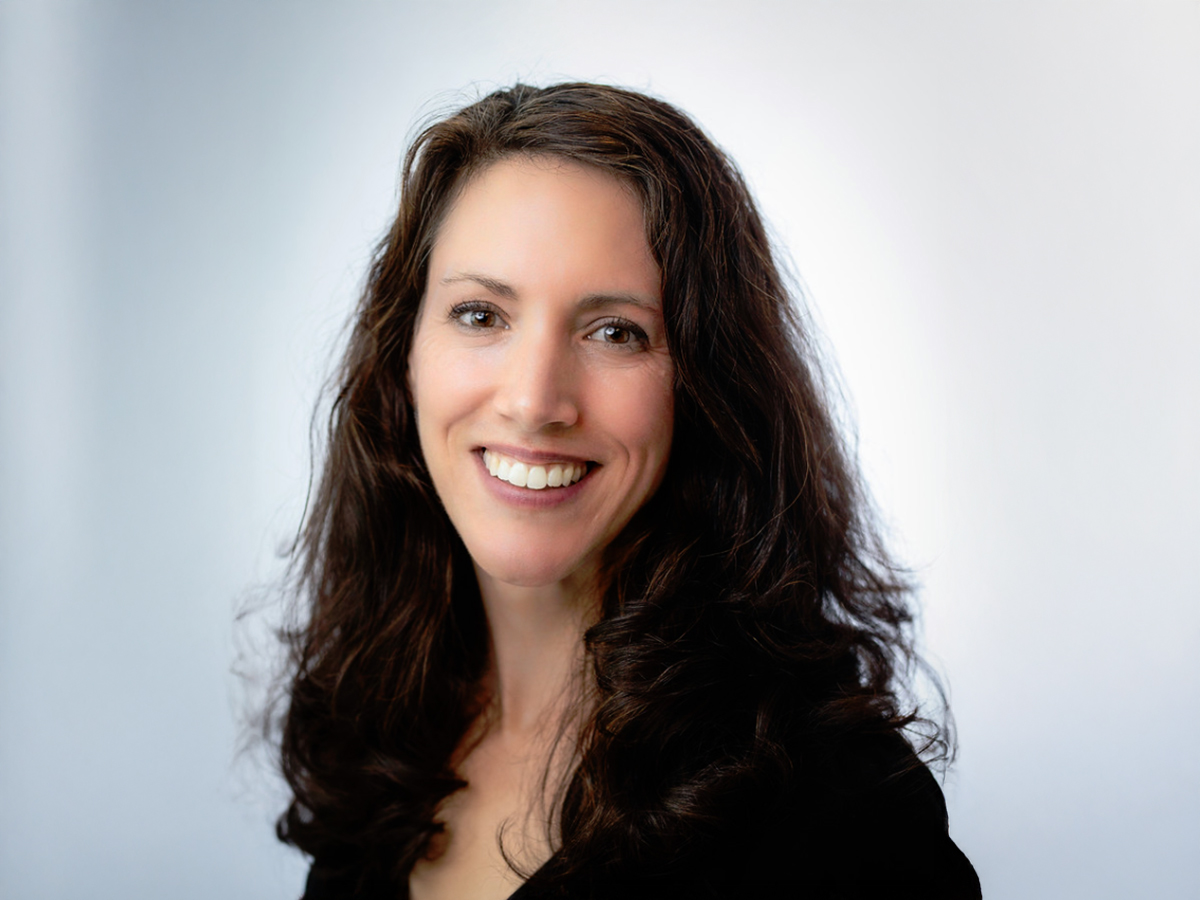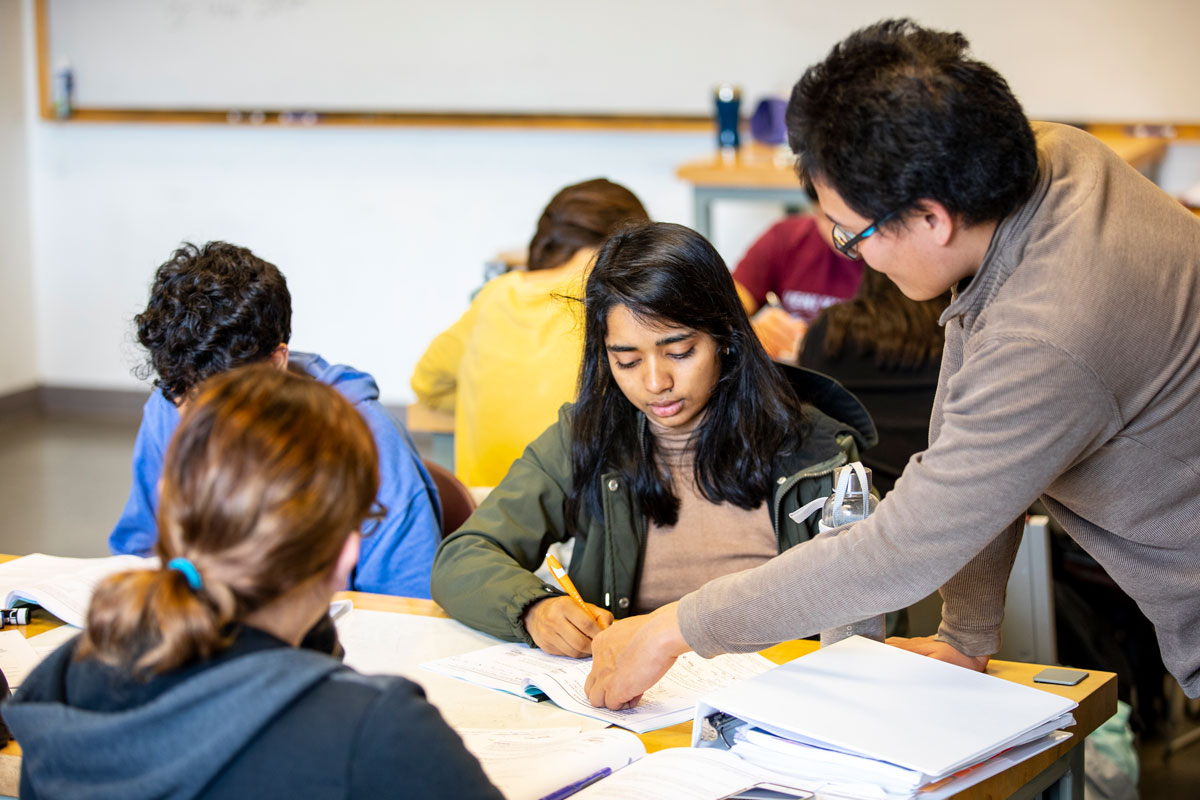
Dr. Caroline Titan will begin her new job as University of Washington Bothell’s assistant vice chancellor for Diversity, Equity and Inclusion on July 1.
Titan holds degrees from the University of Michigan and the University of Maryland, and has dedicated her career to bringing about change and creating working and learning spaces where equity, justice and inclusion are integral to institutional success, noted Chancellor Wolf Yeigh in announcing the new position and the selection of Dr. Titan to take on the role.
“After a highly competitive national search, it is with great pleasure that I share with you that we will welcome Dr. Caroline Titan to our community,” he said. “Dr. Titan’s focus on the concept of ‘Building the Beloved Community’ resonated strongly with all on our campus. In your survey comments, you praised her ability to balance data with empathy, her strength in evidence-based practice and her openness to engage in the most important conversations of our time.”
Most recently, Titan has been serving as a transformational equity leader for the Bellevue School District. She has also worked with the Annie E. Casey Foundation and is an adjunct faculty in Seattle University’s College of Education.
On campus in community
There are advantages to starting a new job at the tail end of a pandemic, said Titan. “In the last year, we have learned what types of culture were not sustainable,” she said. “I want to come back in a way that we take all our lessons learned and create a new way to go. There’s so much opportunity, and I’m very excited to be here.”
As the community readies itself for a full return to campus, Titan believes some of the key questions we must ask ourselves include “Where were we? Where do we want to go? And who do we want to be?”
Her DEI work is heavily influenced by Dr. Martin Luther King Jr.’s vision of the “beloved community.” Her developing vision for UW Bothell is based on the idea of the intrinsic value of community and of each other’s humanity.
“In equity work,” Titan said, “we strive to create an environment where all can show up as their authentic self and to create a campus where we can thrive.”
The daughter of first-generation Indian parents, Titan said she is working to improve her mastery of cooking Indian dishes in her spare time. She loves to swim and ride her exercise bike, which she calls a “spiritual activity.” And along with starting a new job this summer, she’s getting married in October — to a UW alum.
It is policy and personal
Much of Titan’s scholarly work has been in the area of education policy. And to address an injustice and create transformation, she said, it is necessary to address the root cause.
“We see where the inequities sit by analyzing the system,” she said. “We want to dismantle things quickly, and that’s reasonable because the injustice needs to be addressed and reconciled. I’ve also learned that major shifts take time so that we do it with care and without reproducing injustice.”
According to Titan, Equity work has four layers — the first two of which are personal:
- Personal work: Where do I struggle? How do I struggle to love someone else? What is my fear? “Equity work starts with me,” Titan said.
- Interpersonal work: How do I show up in relationships? “What” she asks, “do our relationships tell us about our larger culture?”
After an individual has done work on the first layers, the road to real transformation can begin, she said.
- Institutional work: What policies influence our goals? For example, if a goal is to hire more diverse faculty, are there policies that serve as a barrier to that goal?
- Systemic work: “The system of education is in relationship with other systems such as labor, housing and health care,” said Titan. “And the more we recognize the policies and practices in these systems that have privileged or disprivileged groups of people from history to now, the better able we are to understand the root cause.”
Creating a shared vision
At the heart of DEI work, Titan said, is love. “And we are able to love one another when we love ourselves. Sometimes the work is just learning the crucial step of loving one’s own humanity to love the humanity in another,” she said.
It is in this spirit, Titan said, that she plans to start her new role helping to lead transformative change in the UW Bothell community.
“We need a unifying vision to move us all in one direction. What do we want to foster and cultivate? If our work is rooted in a way that is collectively ‘us,’” she said, “there is potential to manifest the things people want.”



